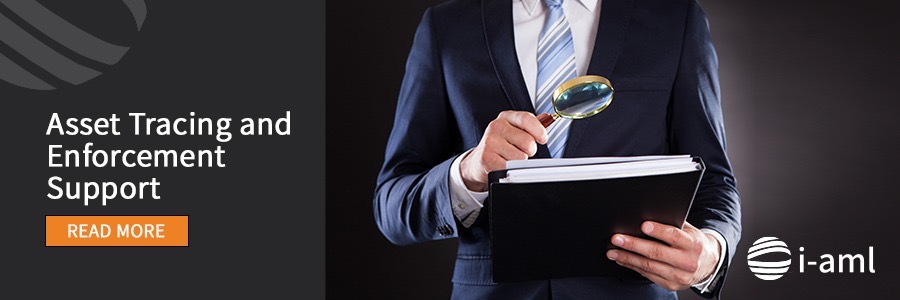Asset management is an essential part of the Swiss financial sector. Approximately one-third of domestic asset management services are provided to clients abroad and since 2017, this share has witnessed an increase of about 8 percentage points.
Asset management can thus be considered an export industry. Moreover, the annual contribution to Swiss GDP is estimated to range between 0.94 and 1.19 percent, which corresponds to about 11 to 13 percent of the value added generated by the Swiss financial sector. However, the year 2022 was challenging for the asset management industry, both globally and in Switzerland. Strong inflation dynamics and contractionary monetary policy, resulting in interest rates rising faster than expected, led to a simultaneous decline in equity and bond market valuations.
By the end of 2022, the total AuM managed by asset management companies in Switzerland amounted to CHF 2.9 trillion which corresponds to a negative year-on-year growth of 13.2 percent. Despite this substantial decrease in AuM, since 2016, the volume of domestically managed assets grew with an average annual growth rate (CAGR) of 6.5 percent.
Furthermore, more recent estimates indicate that in the first half of 2023, the volume of AuM managed in Switzerland grew by roughly 2.9 percent and reached the CHF 3.0 trillion threshold again by the end of June 2023.
1.1. Introduction In the first chapter of this study, a comprehensive overview of Switzerland’s asset management industry is given, by presenting the results of our annual asset management survey. In the context of this study, asset management is defined as follows:
Asset management is the production and management of investment solutions in the form of collective investment schemes or individual, institutional mandates. This definition has a clear institutional focus and implies that wealth managers and private banks without an asset management unit are not considered.
Asset managers have an intermediary function with a fiduciary responsibility and manage collective investments schemes and institutional discretionary mandates in exchange for a fee, on behalf and in the best interest of their clients. This study analyzes the production side of the industry which goes beyond the simple booking view of assets.
This perspective requires that Switzerland is the physical location where investment decisions are made and portfolios are managed. In this context, the assets under management (AuM) may not necessarily be held at a custodian bank in Switzerland, but are delegated to an asset manager in Switzerland for management purposes.
1.2. Scope and Methodology The data request for the Swiss Asset Management Study 2023 is based on a survey among FINMA-authorized banks and securities dealers, fund management companies and FINMA-authorized asset managers of collective investment schemes. We identified 326 Swiss-based companies that are consistent with our definition of asset management and consider asset management as their main value proposition. All firms are domiciled or operate in Switzerland.
The collected data is from December 31, 2022 and was provided voluntarily by the asset management firms participating in the survey. The data collection, which is based on two questionnaires, took place from March to June 2023.
The quantitative questionnaire serves as the foundation for the market sizing and in-depth industry analysis, while the qualitative questionnaire includes the sentiment survey and information on various operational data to be included in the company factsheet of each participating asset management firm.
August 31, 2023 Published by The Lucerne University of Applied Science and Arts. (Download PDF Report)







